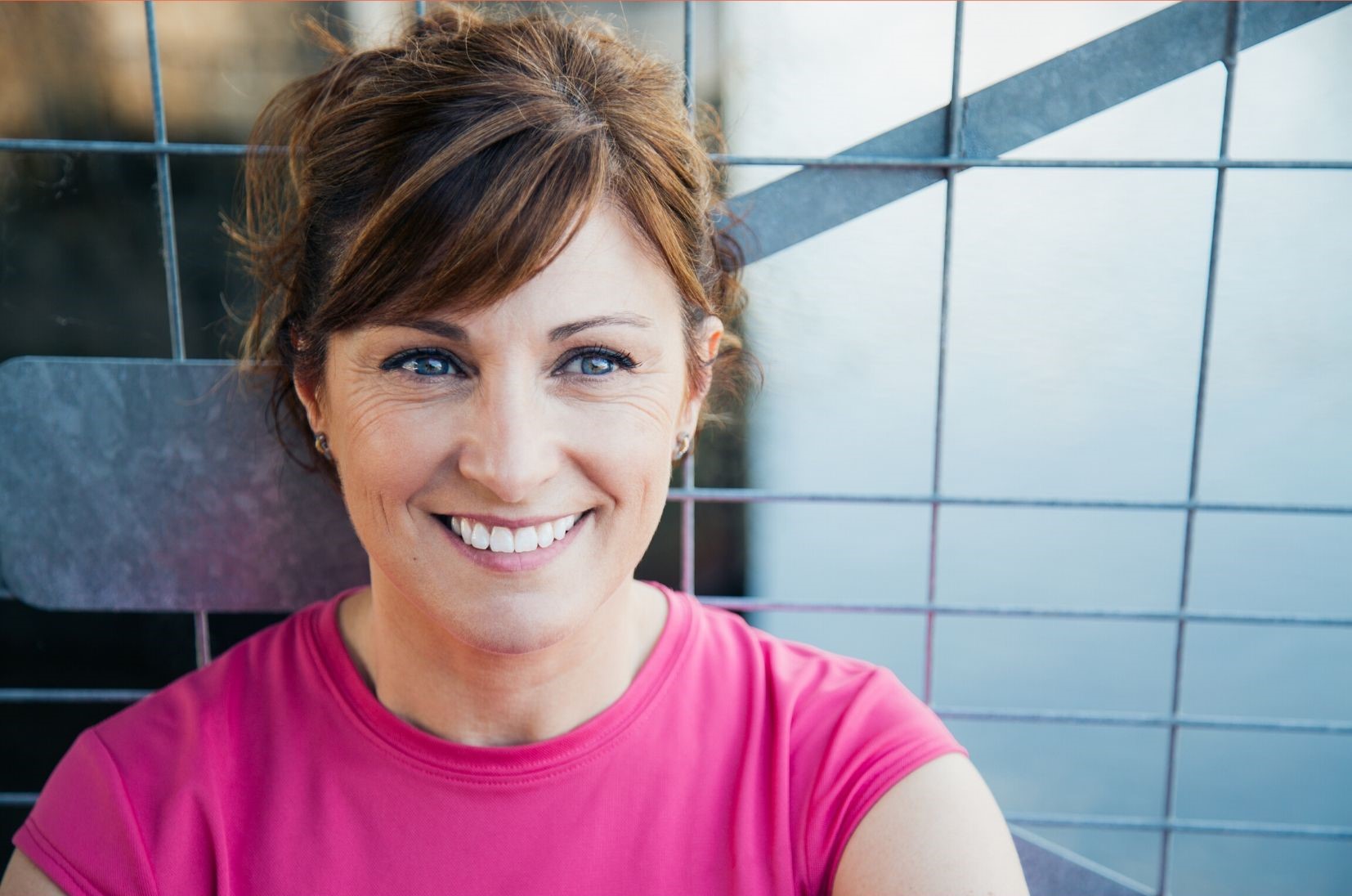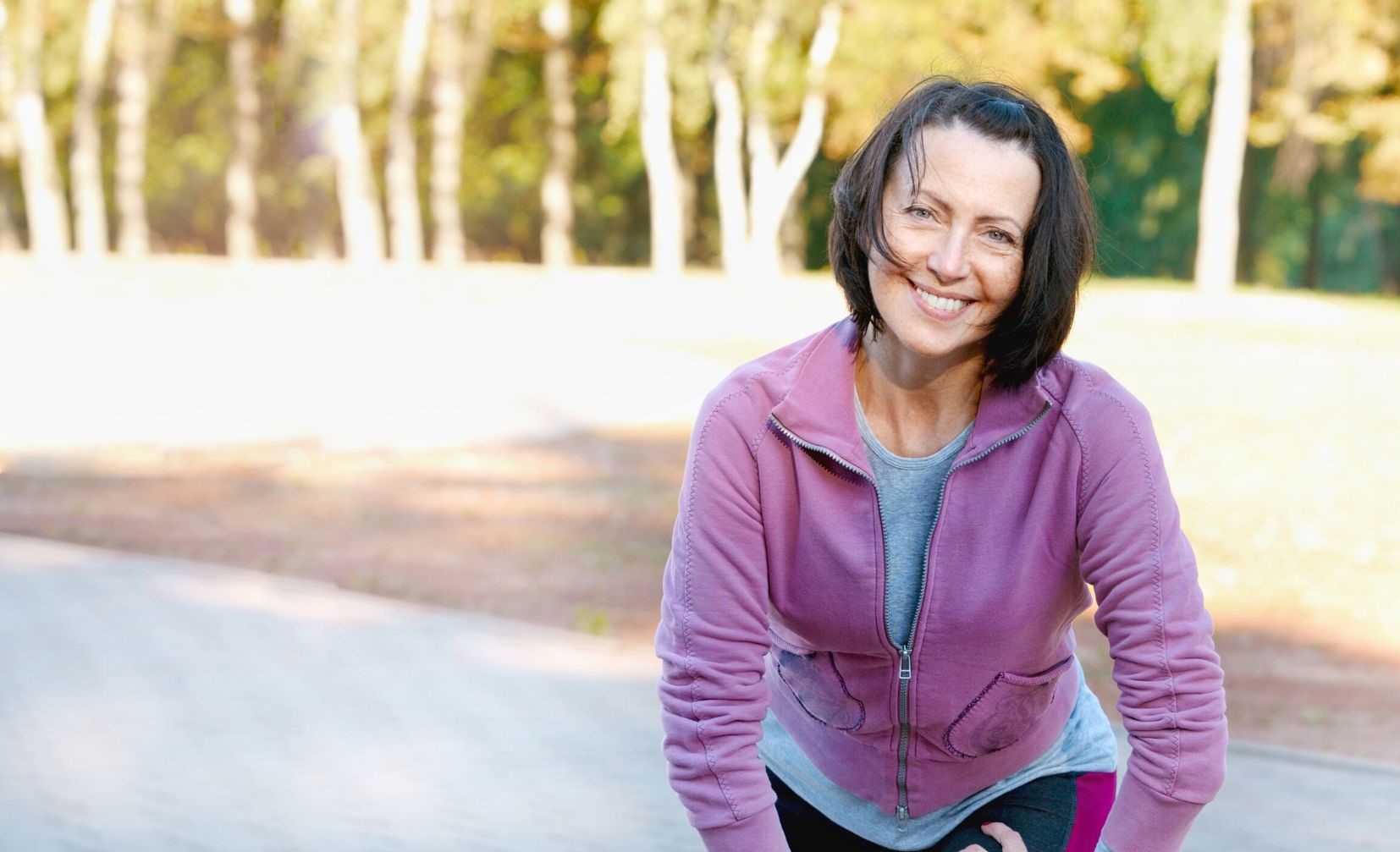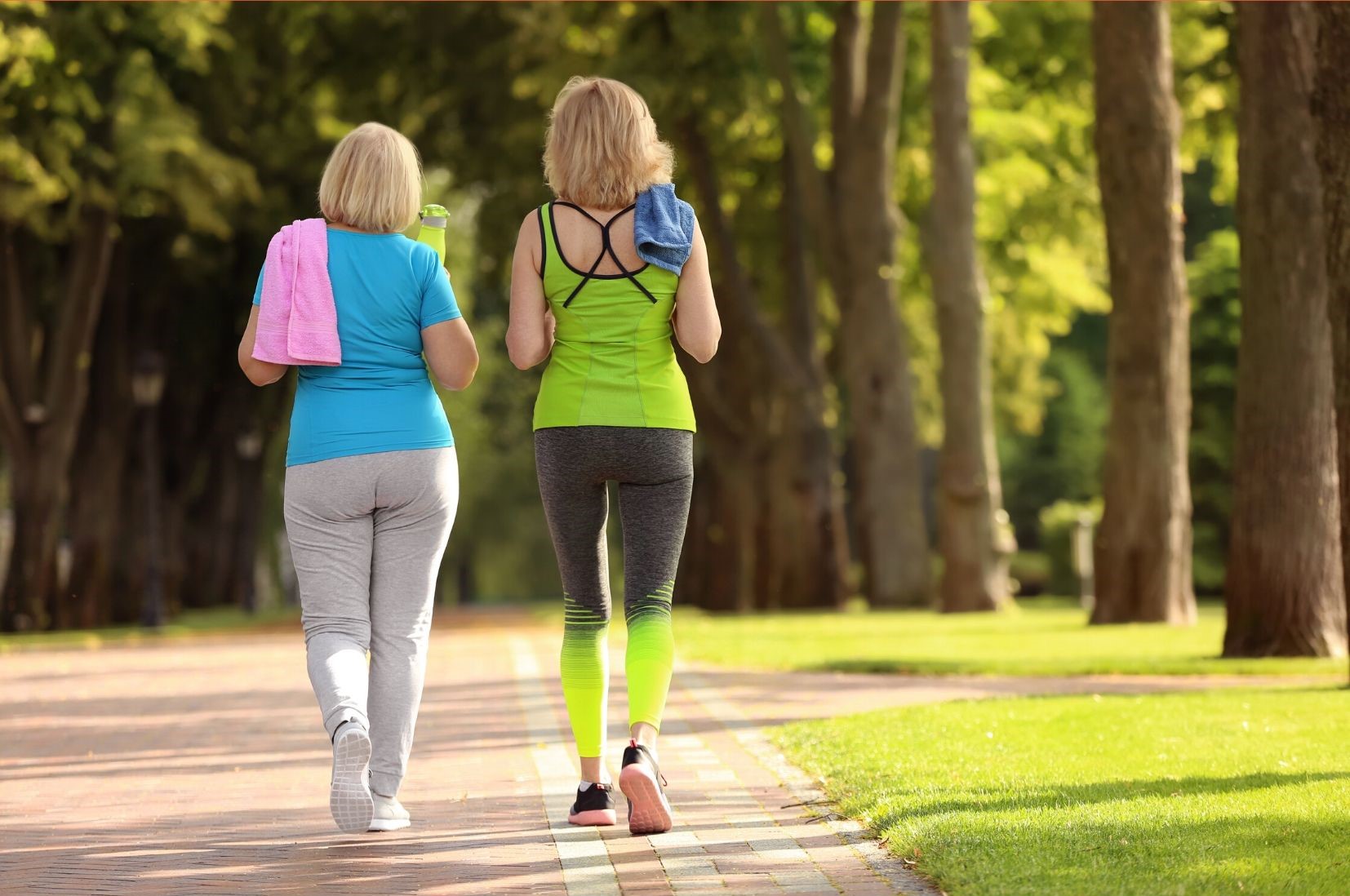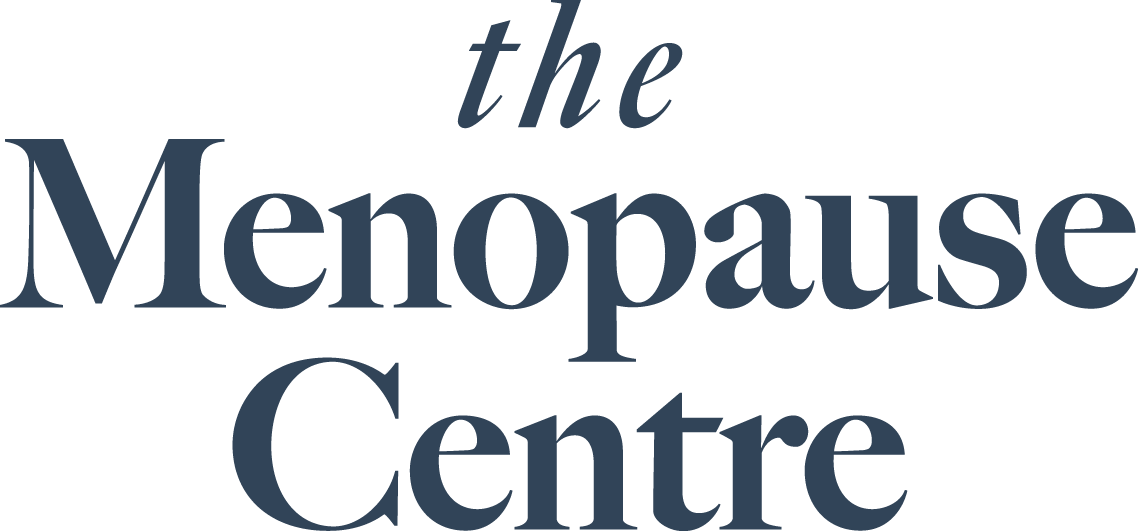Can exercise reduce hot flushes?
the benefits of physical activity
Regular physical activity is important throughout many phases of life, with your menopausal transition being a crucial time to prioritise exercise. Whether you have been active throughout most of your life or you are new to exercise, physical activity will provide numerous benefits to your physical and psychological health.

With the changes in hormone levels throughout your menopausal transition, you may experience symptoms such as hot flushes, night sweats, mood and sleep disturbances. Specific physical activity including cardiovascular based exercise can assist in managing these symptoms.
post menopause risk factors
Post menopause, we see a higher incidence of cardiac conditions and osteoporosis. The risk factors for these conditions can be well managed with specific types of exercise. Strength and impact training are both important in reducing the risk of low bone mineral density. Cycling, walking, stair climbing, dancing and swimming are all examples of cardiovascular based exercises which reduce the risk of cardiac disease.

Resistance training involving all large muscle groups should also be completed on at least 2 days per week to manage cardiac disease risk. Some examples of these exercises include sit to stands/squats, step ups with weights, incline pushups and resisted rows, keep in mind these may not be right for everyone. Pelvic organ prolapse, stress/urge incontinence and chronic pain are a few examples of conditions which need to be considered when resistance training.
how to get started

There is no ‘one size fits all’ with exercise and it can be difficult to know where to start. We do know that increasing incidental movement can be a great starting point. You can do this by parking further away from your destination and walking the remainder of the distance, commuting to work on a bike or by foot or even taking the stairs instead of the elevator.
If you are unsure of where to start or have other medical conditions to consider, an Exercise Physiologist will be able to help. They will assess your movement patterns, learn about your medical and activity history and be able to design a specific program just for you.
For more information on how to take a proactive approach to menopause, visit themenopausecentre.com.au or make an appointment to see a specialist practitioner or professional.

